How they help us live longer, happier, and healthier
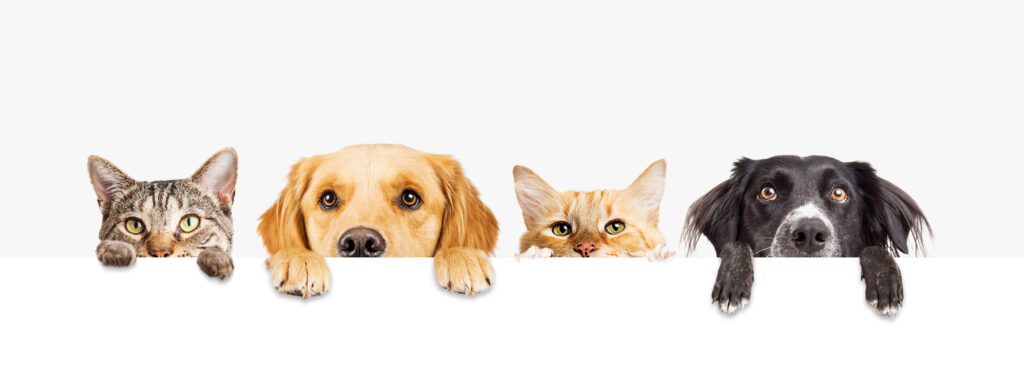
No one is sure when humans first started having “pets.” A search on the internet turned up somewhere between 12,000 to 40,000 years ago.
Fast forward to 2021, according to the 2021-2022 APPA National Pet Owners Survey,” 70% of U.S. households own a pet, which equates to 90.5 million homes.” Dogs take first place, cats second, fish third and birds fourth. Pets are big business—the same survey estimates in 2021, “$109.6 billion will be spent on our pets in the U.S.”
So how and when did human’s obsession with pets come to be? Some folks spend their life trying to answer just this question. “The archaeological and genetic record is being combed and analyzed for evidence of when and how the human-animal bond developed, not just to satisfy a craving for trivia, but because it says a lot about the evolution of human society,“ says Greger Larson, professor in the School of Archaeology at the University of Oxford and Director of the Wellcome Trust Palaeogenomics and Bio-Archaeology Research Network. “We know that dogs, without a doubt, were the first domestic animal.”
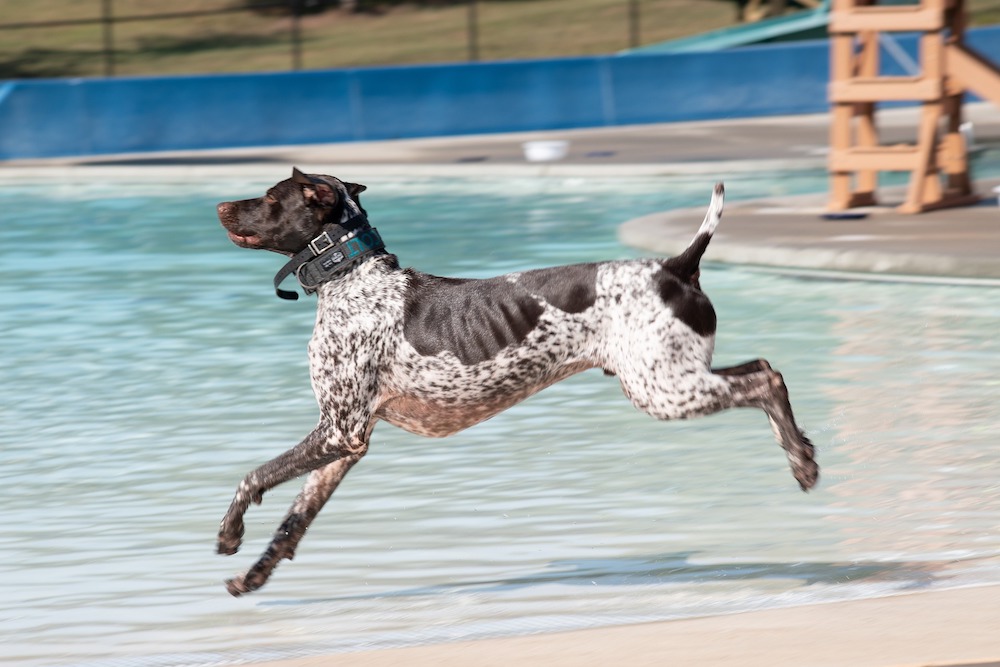
It’s thought the first modern day domesticated dogs descended from gray wolves as humans domesticated their pups. Early nomadic humans discovered dogs were useful for herding, hunting, and guarding. As we began to transition to an agricultural society, cats entered the picture about 8,000 years ago as they could fend off mice and rodents who might threaten farm output and storage. Archaeologists estimate horses entered the picture around 3500 years ago.
For eons, humans have had a working relationship with animals and still do—think police and rescue dogs, those cute airport beagles who guard our borders, and horses who were our primary source of transportation in this hemisphere for centuries. Art historians have noted evidence of pets as companions among Egyptian, Greek-Roman, and Chinese nobility. But over time, pets made their way into the masses.
Pets come in all species and sizes—the usual and the unusual. Although not mutually exclusive, most of us today have companion pets vs. “working” animals. And, evidence keeps mounting on the many physical and psychological benefits this companionship brings.

A Houzz survey found surprisingly, “Americans are …the most likely to treat dogs and cats as members of the family” and 90 percent of U.S. pet owners “say the top benefit of owning a pet is that it makes them happy.” This is not strictly anecdotal; scientific evidence discovered by Dr. Miho Nagasawa and colleagues at the University of Tokyo found, for example, when a pet dog and pet owner gaze into each other’s eye’s, oxytocin is released in both. No surprise—oxytocin is one of the happiness hormones that supports trust and bonding.
One notable non-profit organization that understands that pets become family is SPCA Monterey County (SPCAMC). They have a Pet Meals Program whereby, for decades, they collaborated with Meals on Wheels of the Monterey Peninsula and Meals on Wheels Salinas Valley to deliver meals not just for humans in need but for their pets, too. “For many of these folks, their pets are family and often their only source of companionship. If we did not provide pet meals, they would often give half of their meal to their pets—which isn’t good for the person or the pet as pets don’t stay healthy on human food,” says Beth Brookhouser, vice president marketing and communications SPCAMC. Additionally, during the pandemic (between May 2020 and July 2021), SPCAMC via a traveling Pet Food Bank distributed more than 175,000 lbs. of pet food for every species for free.
Unless a person has a phobia or past traumatic experience, pets can improve our overall wellbeing. How? The list is long. Many pets provide an opportunity for physical touch. Satisfying this neurological and biological need for touch a.k.a. “skin hunger” strengthens our immune system. Touch decreases cortisol which depletes natural killer cells and touch can increase them. Pets can be a source of physical comfort for all of us but particularly for those living alone. Pets infuse our life with a sense of connection, purpose and meaning–alleviating loneliness which has been cited as more of a threat to human health even than smoking. They provide unconditional love and communicate with us—in their own way—one just must listen. Being a pet guardian and caretaker holds us accountable for another living being. While improving even an adult’s motivation for self-care—caretaking a pet is a wonderful opportunity to teach kids responsibility.
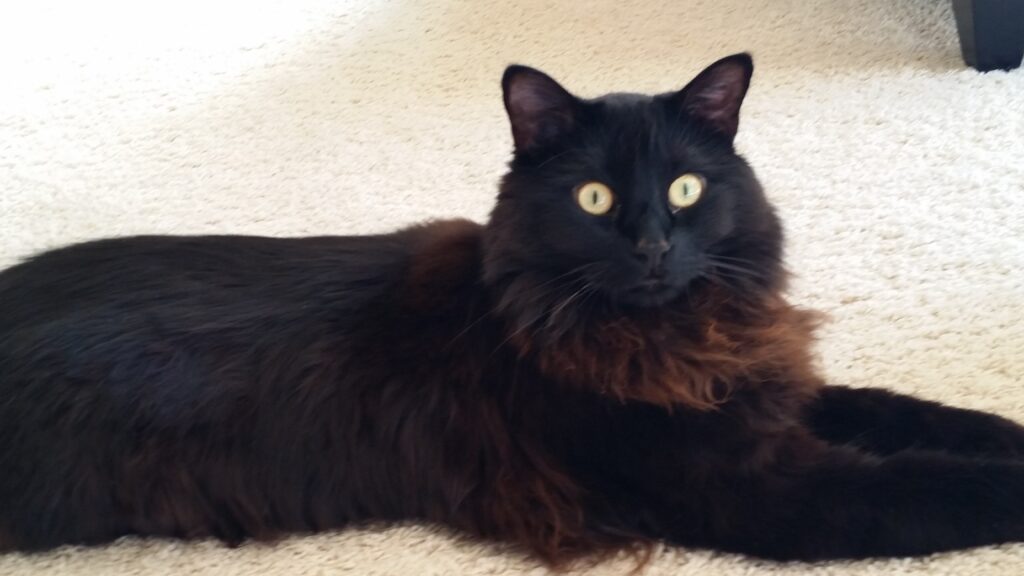
Cats and dogs particularly get us up in the morning (I have a friend whose 15 lb. cat Zorro, hurls himself against her bedroom door (and continues to do so) promptly each morning until she gets up to feed him. Dogs must be walked and that gets us outside for exercise, often in nature. We can experience improved socialization when we have a dog with us—e.g., ever notice how others tend to interact more and be friendlier when you have a dog?
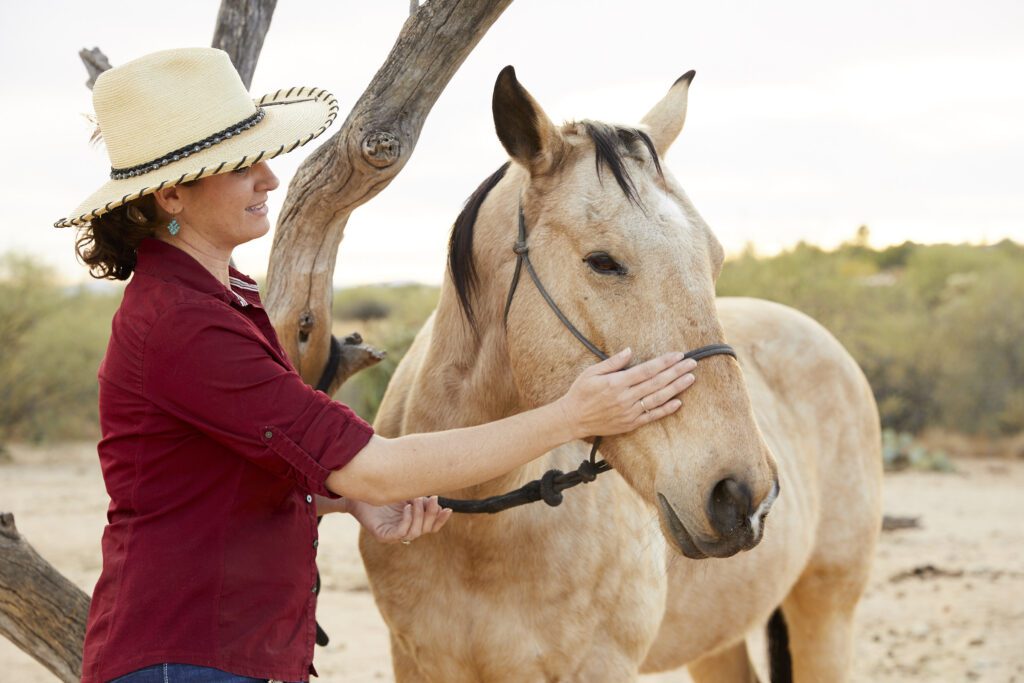
Pets can play a powerful role in self-development and exploration boosting self-esteem and confidence. Visiting Miraval Arizona Resort, years ago, I met Wyatt Webb who leads the Miraval Equine Experience. While I only did a short morning group session in the stables and the ring, I gained a renewed appreciation in that short time for the intuitive nature of horses and what they can teach us about ourselves. I wish my riding teacher had taught me this when I first learned to ride as a child. Webb does longer retreats equivalent to twenty hours of intense group therapy. I’ve heard they are transformative. He has worked with athletic teams and companies alike on team building as well as groups of individuals who meet for the first time.
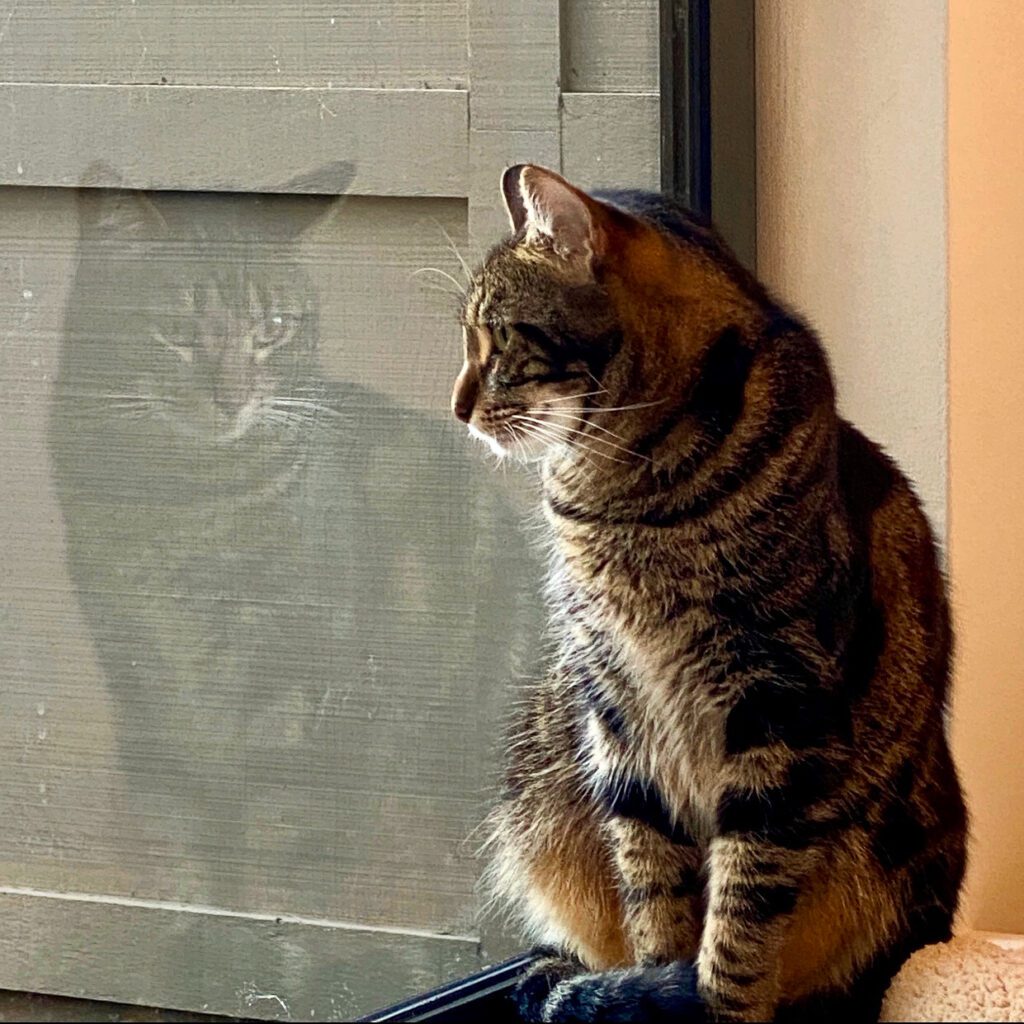
Pets bring us into the moment; like young children, they are an endless source of entertainment (when they are behaving). Dogs and cats in particular are sensate creatures—they do what feels good in the moment—they don’t deliberate like humans. Visualize the lab jumping into the water—they don’t hesitate to wonder should I or shouldn’t I jump into the water. They just do.
They can help us heal PTSD, lower depression and anxiety through companionship and animal assisted therapy. By petting and interacting with them, we can increase oxytocin, serotonin, and dopamine—our happiness hormones. Some dogs can be trained to help detect physical conditions like a migraine or seizure coming on or a sudden drop in blood sugar and let their human know in time. Some even help doctors and scientists detect certain conditions like cancer. Overall, pets help lower our BP, heart rate and cortisol, the stress hormone, triggering relaxation and more consistent breathing. Among children, pets can improve immunity and aid with allergy prevention, childhood development and calm hyperactivity or aggressive behavior. The discipline of caring for a pet can also help children with medical conditions like diabetes, better adhere to their treatment plan.
Sometimes, pets even help our relationships and marriages. First, for new couples who want to have children raising a pet together can provide a wonderful opportunity to meld parenting styles and share in responsibilities for caretaking. And for couples who don’t have children or whose children or grandchildren live far away, loving an animal together can be so rewarding. Says artist Robin Sawyer, “Having a dog has been a real bond in our marriage. Our four boys, from previous marriages, are grown up and gone. None live nearby. So, our wonderful standard poodle, Bailey (and Bixby before her) is our constant companion and beloved member of our family. She’s kind of like the child we never had together.”
Pets are good for business, as one California town found out. In 2002, I was involved in a campaign that launched Carmel by-the-Sea as “Dog Heaven on Earth” nationally and internationally. Today, it remains one of the most popular dog-friendly cities in America and continues to bring tourists to the area.
So, next time you wince when your dog, cat, horse, bird, or other pet has a demanding moment or incurs a high vet bill—take a moment of gratitude for all the healing gifts and joy they offer each day. You might just live a little healthier and longer because of them. And if you don’t have a pet—maybe it’s time to think about it?
